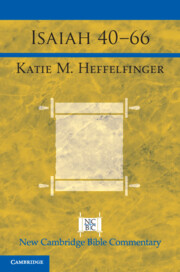Based on the theology of Emil Brunner, this article seeks to demonstrate the relevance, even the imperative nature, of personal encounter both for the work of dogmatics and for theological existence. In particular it assesses what impact the personalness of God's self-revelation should have, not just on one's doctrinal conclusions, but also on one's self as a theologian. A range of Brunner's writings forms the backdrop for this focused study of a paradigm which shapes his theology and methodology: personal encounter. I start by introducing the broader context of Brunner's presuppositions about the theological task, including his regard for divine self-communication. With this in mind, attention will be paid to the relationship between revelation and scripture, and in particular to the Christocentric, personal and enduring character of God's unveiling. Brunner's regard for the apostolic witness as the authoritative testimony to God's full disclosure in Christ is high and determines the position that he affords the Bible throughout his work. A summary of Brunner's treatment of the divine-human encounter will follow, with a view to understanding him on this subject in his own terms. His small publication by the same name, The Divine-Human Encounter, serves as the focus of this examination. The term ‘personal correspondence’ requires special consideration for the central position it enjoys in Brunner's conception of divine revelation and its relationship to dogmatics. Further expressions related to this theme will come to light in the process of answering two questions regarding the connection between personal encounter in scripture and the work of theology. First, how true is our doctrine when its expression becomes distanced from the language of divine-human encounter which characterises revelation? Second, what is the relationship between scripture as theology's primary source and the ongoing revelation of God to the believer in personal encounter? The suggestion that theology cannot be restricted to intellectual pursuit will not be universally applauded, but the proposal that God's self-unveiling obliges a change in existence and not just an adjustment in knowledge is one that Brunner deems unavoidable. In this light I conclude by suggesting that the personal encounter of revelation issues an imperative for both individual and communal existence which must be considered by all who undertake the theological task.
